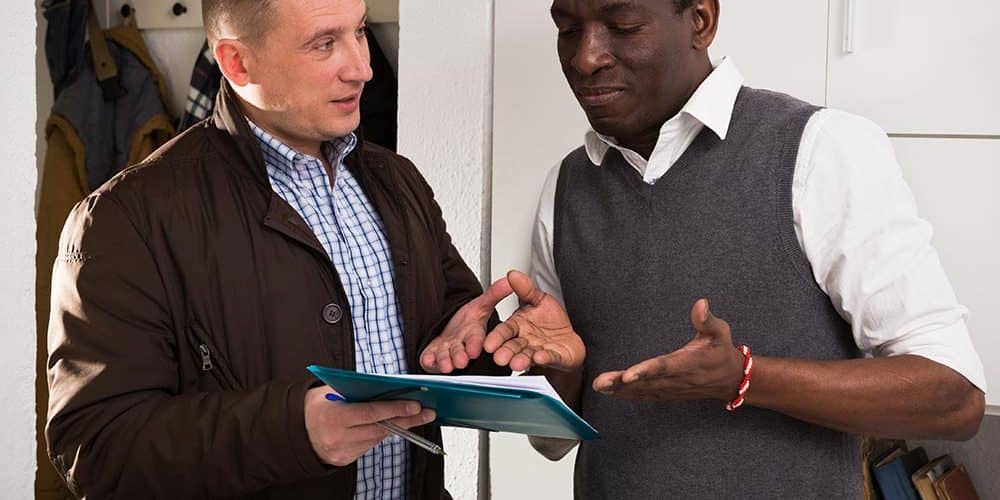Tenants and Landlords in the UK have certain responsibilities to withhold. These responsibilities are outlined in the Landlord and Tenant Act 1985 and the Housing Act 2004, and they exist to ensure that tenants reside in a safe and habitable living environment. So where does responsibility fall when it comes to blocked drains in a rented property? The Landlord and Tenant Act 1985, states that it is the landlord’s responsibility to maintain their drainage, pipes, and other areas of plumbing. However, if a drain becomes blocked through tenant misuse, then the tenant may be liable to foot the repair bill.
How do I know if my drains are blocked?
A slow draining shower or sink, an overflowing toilet, loud gurgling noises in your pipes or suspicious odours stemming from your plughole can all indicate a blockage in the drainage system. Some symptoms may seem harmless at first, but if left untreated they can lead to inconvenient and costly issues further down the line.
Here at Maintracts, we take hundreds of calls every year from homeowners and landlords relating to household blockages with coffee grounds, hair, grease, and fat being the main culprits. However, it is not unusual for us to find nappies, wet wipes and other sanitary products that have been flushed down the toilet and become stuck in the drainage system too. Grease and fat are the trickiest thing to clear from drains.
Who is responsible for blocked drains?
Common scenarios are likely to be addressed within a tenancy agreement, however, it is unlikely to cover every single household eventuality which means concluding who is responsible for a blocked drain can be a tricky one because it will often be determined by where the blockage is and how it was caused.
A landlord’s responsibility
Section 11 of the Landlord and Tenant Act 1985 states it is the responsibility of the landlord to ensure that their property is well maintained. This includes making sure all the plumbing and drainage - basins, sinks, baths, sanitary conveniences gutters and external pipes - are all in full working order prior to you moving in and throughout your tenancy period.
If you are a tenant and you think you may have a blockage somewhere in your plumbing system, then you should inform your landlord immediately as it is his responsibility to fix any obstructions, damage or leaks that could cause further damage to the property.
A tenant’s accountability
It is a tenant’s responsibility to ensure that the property is in full working order before accepting and signing the tenancy agreement issued by the landlord. Once signed, a tenant must ensure they are using the drainage system responsibly, taking care not to place anything down the pipes that may cause damage. If you or one of your guests causes the damage/blockage, you will be liable to pay for fixing it.
If you do suffer a minor blockage at your property, you could try unblocking it with some homemade remedies to unblock a drain first, before calling on a professional. Remember, prevention is always better than cure, so always do your best to prevent a drain from blocking in the first place.
Whether you are a landlord or a tenant, our Maintracts drainage professionals are here to help you with our drainage unblocking services in London: 020 8131 9985.

